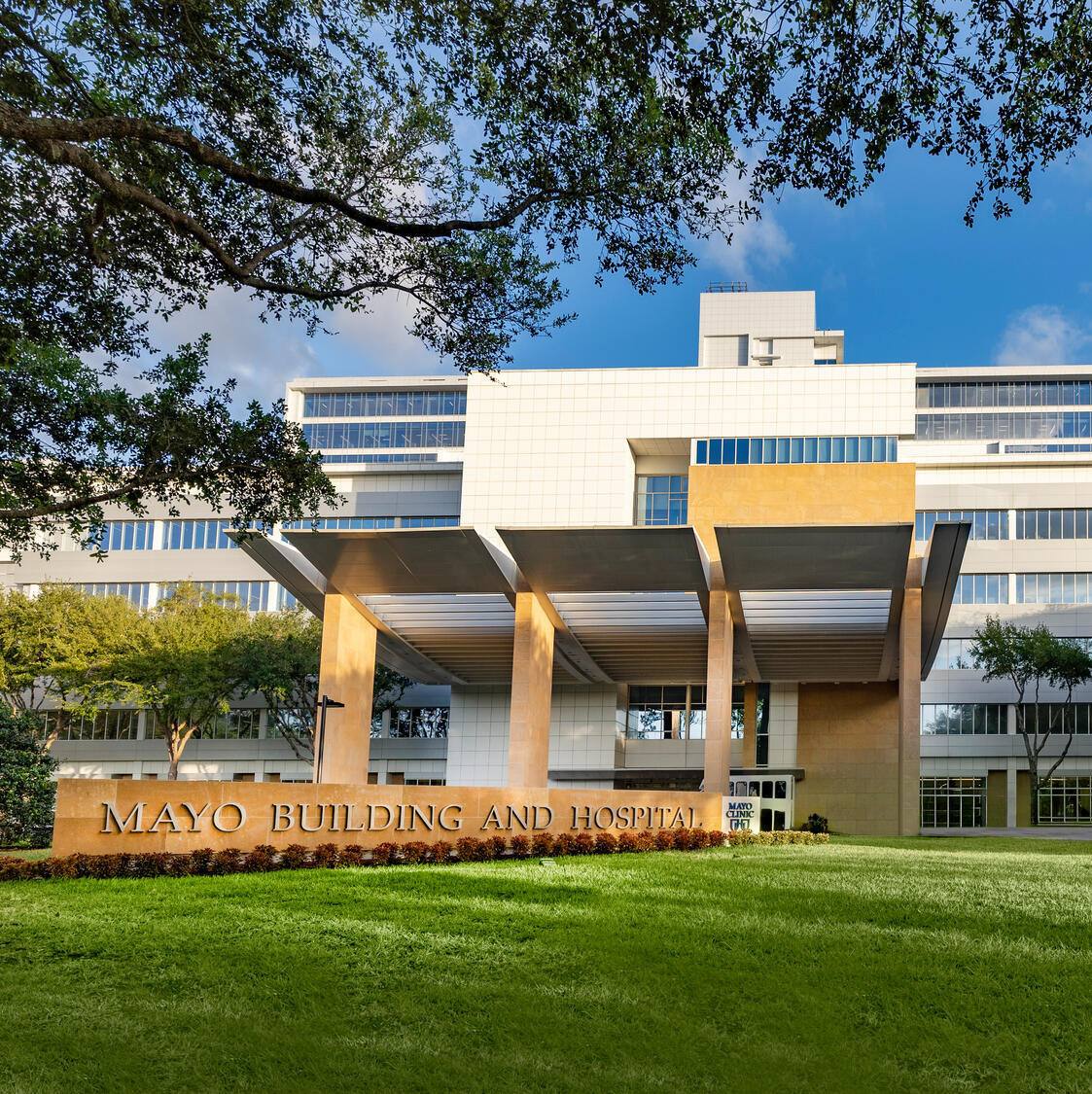-

Mayo Clinic Expert Offers Information on New Florida Concussion Law, Tips for Athletes
VIDEO ALERT: Audio and video resources available on Mayo Clinic's YouTube Channel.
Jacksonville, Fla. — July 18, 2012. As sports training season gets underway, Florida parents, particularly those of youth athletes, should be aware of a new law that goes into effect on Sunday pertaining to concussions and the ability of student athletes to return to play if they suffer a head injury.

With the adoption of HB 291, Florida's youth athlete concussion bill, which goes into effect on Sunday, July 1, Florida joins more than 30 states that have adopted concussion guidelines for youth sports.
The bill, which was introduced by Rep. Ron "Doc" Renuart, R- Ponte Vedra, mandates that any athlete suspected of sustaining a concussion or head injury be immediately removed from practice or competition until the athlete receives written medical clearance to return from an appropriate health care practitioner.
"There are over 300,000 head injuries reported annually in high school athletics and over 90 percent are concussions, so it's important that coaches, parents and sports officials be aware of the pervasiveness of concussions, the signs and symptoms, and the fact that returning to play too soon after sustaining an injury could have detrimental effects," says Mayo Clinic family and sports medicine physician Jennifer Roth Maynard, M.D., who is also chair of the Northeast Florida Regional Sports Concussion Task Force.
After a concussion, if an athlete continues to play or returns to play too early, there is a significant risk of experiencing another concussion, Dr. Maynard says. "Repeat concussions may take longer to resolve and come with a risk of permanent neurological damage or, rarely, death." Children, adolescents and female athletes appear to be at a higher risk for concussions, and may also take longer to recover.
With the new law, there is no same-day return to play. Rather, the ruling specifies a graduated return to exercise protocol (light aerobic activity, moderate aerobic activity, sport specific drills, full contact practice) that must be supervised and approved by a responsible adult or athletic trainer before a physician will give the final clearance to safely return to sport.
"Since each person may present concussion differently, the diagnosis of a concussion, assessment of its severity and knowing when an athlete can return to physical activity, competition, work or school is not always clear. Mayo Clinic advocates for having a computerized baseline concussion assessment for each athlete to assist in identifying and quantifying changes in brain function should a concussion occur," says Dr. Maynard.
Baseline computerized neurocognitive testing is used to help establish the normal brain function of an athlete with respect to memory, reaction time, speed and concentration. When compared to a post-injury test, this is a helpful tool for a physician to determine when the brain has returned to normal and it is safe for an athlete to begin a return to play protocol. This non-invasive test is set up in "video-game" type format and takes about 15-20 minutes to complete. Mayo Clinic's campus in Florida began providing baseline assessments earlier this year and is offering screening opportunities at a flat rate of $20 per athlete, regardless of insurance coverage.
Maynard recommends that athletes and their parents familiarize themselves with the signs of concussion.
To schedule an interview with Dr. Jennifer Maynard, please contact Cynthia Weiss at 904-953-2299 or newsbureau@mayo.edu. Youth athletes who have completed baseline testing and/or suffered concussion are also available for interview.
###
About Mayo Clinic:
Recognizing 150 years of serving humanity in 2014, Mayo Clinic is a nonprofit worldwide leader in medical care, research and education for people from all walks of life. For more information, visit 150years.mayoclinic.org, www.mayoclinic.org and newsnetwork.mayoclinic.org.
Media Contact: Cindy N. Weiss, 904-953-2299 (days), weiss.cynthia@mayo.edu







